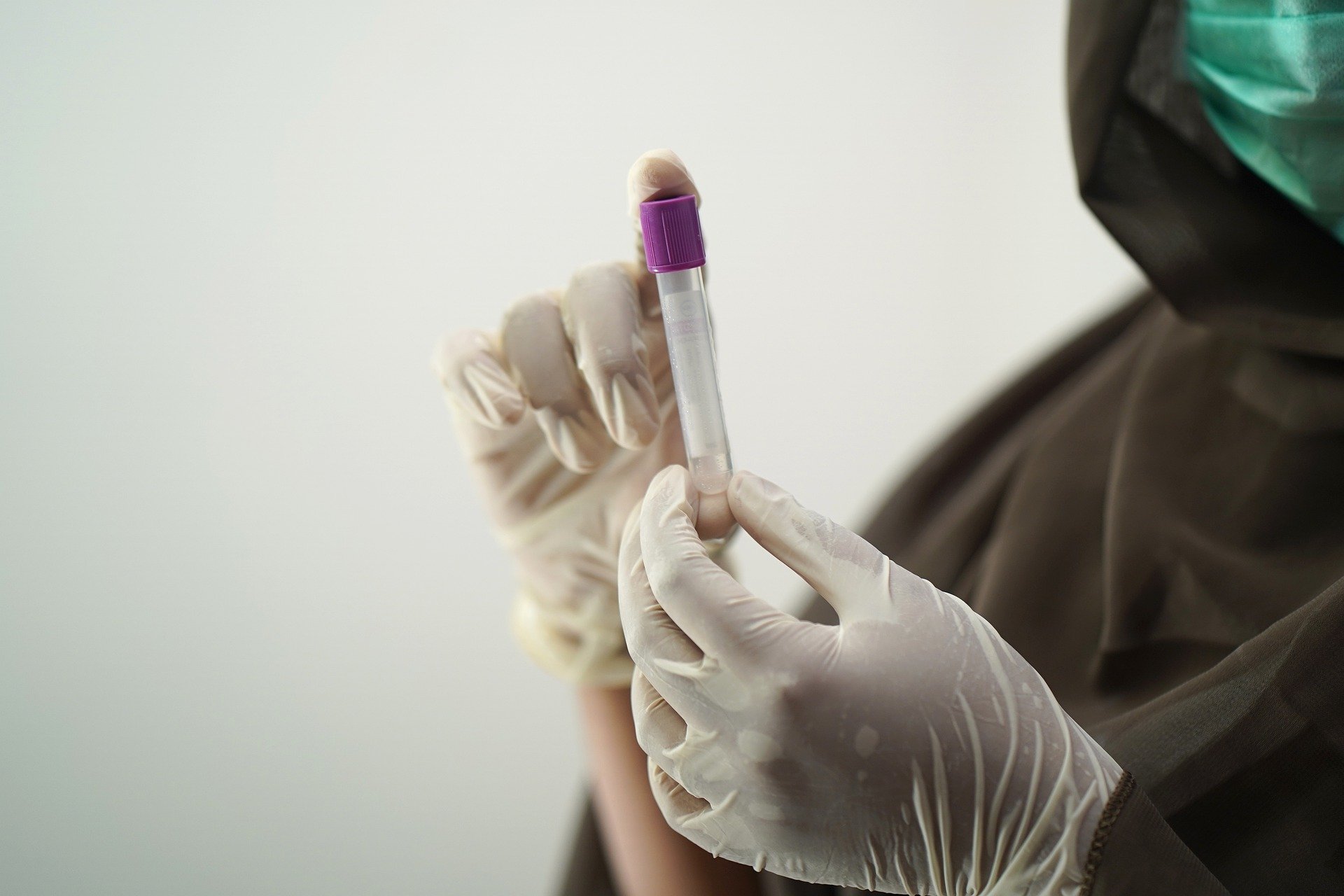
Using Search Trend Data and a New Transport Medium to Stop Infectious Disease
Two most promising solutions selected by expert judges on MIT Pandemic Response CoLab
To prevent and contain pandemics like COVID-19, large-scale, rapid testing and continuous disease monitoring play an essential role. We need more efficient ways to facilitate regular population-level screening and new technologies to track disease seamlessly. This was the focus of Pandemic Response CoLab’s “Reimagining Early Warning Systems for Infectious Disease” challenge.
The Pandemic Response CoLab is a joint project by the MIT Center for Collective Intelligence (CCI), MIT Media Lab’s Community Biotechnology Initiative, and founding member MilliporeSigma, the life science business of Merck KGaA, Darmstadt, Germany. The Pandemic Response CoLab is an open, online collaboration platform which invites anyone, from individuals to groups, from communities to businesses, to develop actionable solutions for challenges presented by the COVID-19 pandemic.
“A global challenge like the pandemic necessitates global solutions,” said David Kong, Director of the MIT Media Lab’s Community Biotechnology Initiative and co-founder of the CoLab platform. “We are excited to utilize the Pandemic Response CoLab to channel the creativity and innovation of diverse communities all around the world toward addressing the myriad challenges we face arising from the pandemic.”
Submissions to the challenges are evaluated by selected experts.
The Pandemic Response CoLab has recently announced the winners for the global “Reimagining Early Warning Systems for Infectious Disease” challenge. Contributions were evaluated by four expert judges developing innovative diagnostic tools and technologies for disease monitoring: James Harper (Co-Founder & Chief Operating Officer of Sonde Health, Inc.), Emmanuel Margolin (Researcher on Immunology and Virology), Aaron Sin (Senior Director, Research and Technology Development, Diagnostic Solutions at MilliporeSigma), and Roxann Guerrette (Scientist at Dynamicure).
The winners are:
SYNSYS is a syndromic surveillance system which analyzes search trend data from public domain sources. This idea was contributed by Esha Datanwala. SYNSYS uses exclusively public domain data from search engines and applies machine learning at the elementary level to identify when search trends are abnormal based on past precedents. This data can be used to predict outbreaks before they happen and anticipate all-time highs once an epidemic or pandemic is already underway.
RNA Wrapr is a molecular grade transport medium (MTM) for COVID-19 sample collection. This contribution was made by Fathima J Benazir. RNA Wrapr aims at replacing standard Viral grade transport mediums (VTM) used in this pandemic. It is a safer and a higher performance transport medium that yields less false negatives, can be stored at room temperature and the samples stored in it can be processed within a week. This makes it a more efficient solution for developing countries.
Visit the Pandemic CoLab to learn more about these solutions and to participate in other challenges.


